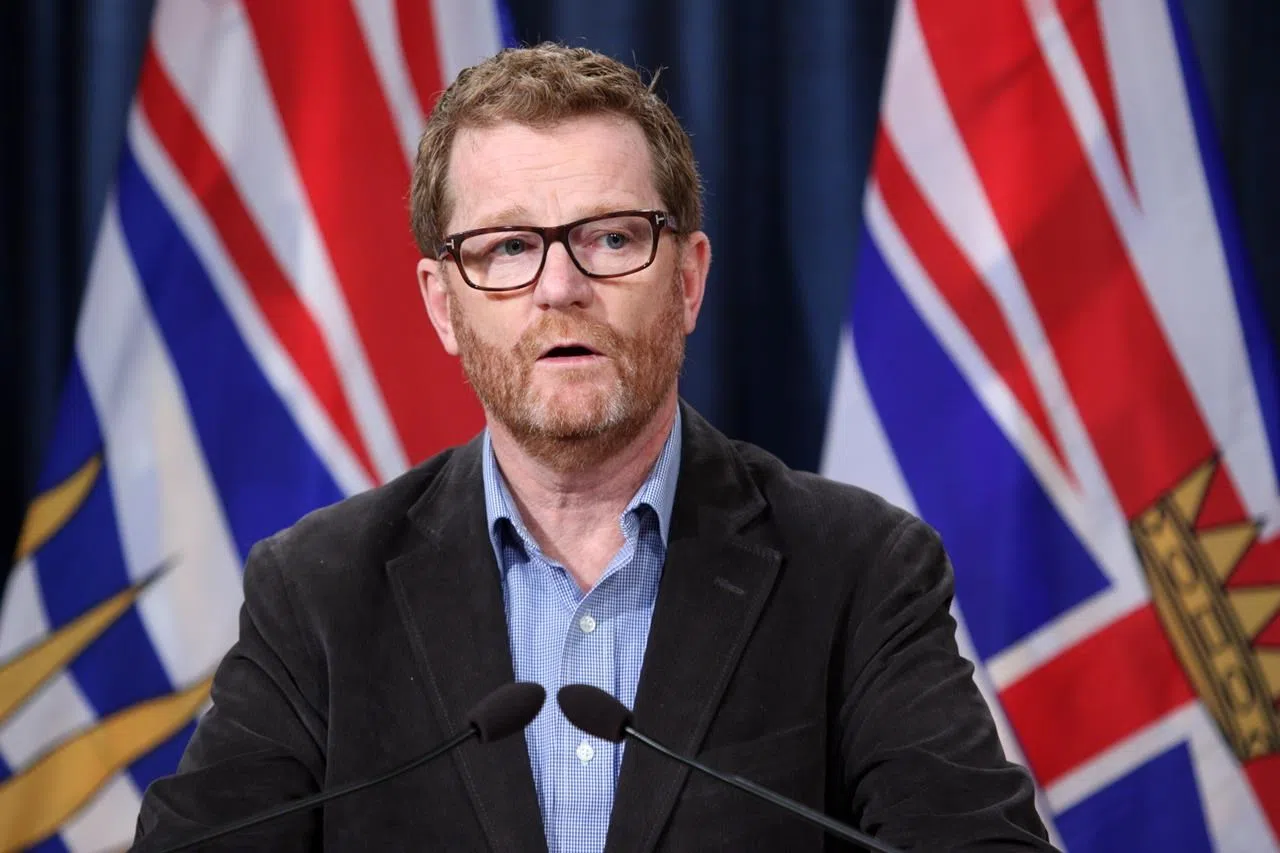
B.C. set record for drug overdose deaths last year, appeals for federal help
VICTORIA — More than 900 people died in British Columbia last year from illicit drug overdoses, but the provincial health minister says the toll could have been far higher and he warned the federal government Wednesday the epidemic is spreading across Canada.
The arrival of the powerful opioid fentanyl pushed the provincial death toll to a new peak of 914 overdose deaths in 2016. The BC Coroners Service reported the figure is almost 80 per cent higher than the 510 deaths due to illicit drugs in 2015.
Chief coroner Lisa Lapointe said December was the worst month at 142 deaths, the highest monthly death total ever.
“The introduction of fentanyl to our province is a game-changer,” Lapointe told a news conference. “We’ve now got this contaminant in the illicit drug system that is not manageable.”

